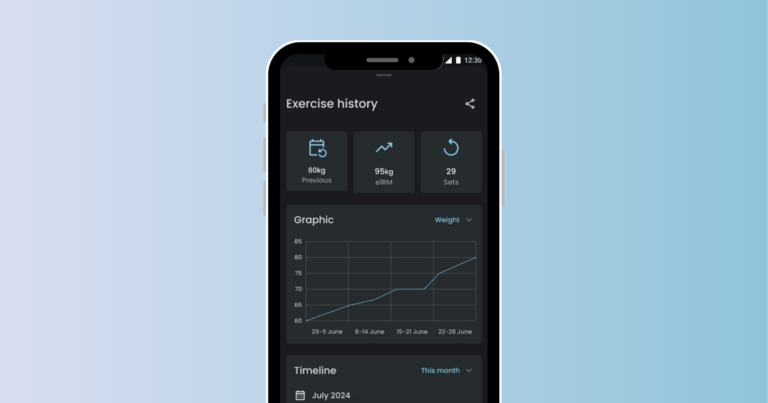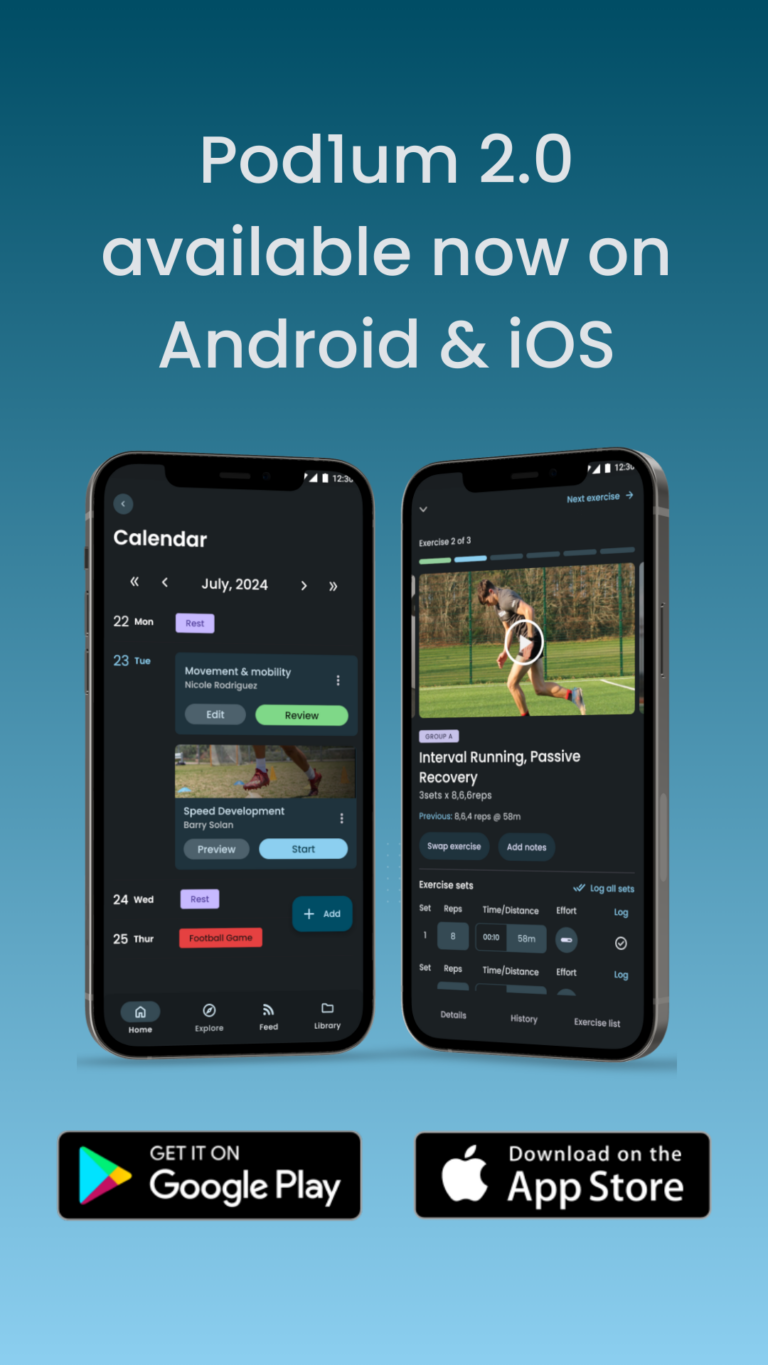In the quest for peak performance, athletes often focus on training intensity, diet, and technique. But one crucial element is frequently overlooked—recovery. Recognising the significance of recovery protocols is essential for achieving optimal performance and longevity in any sport. In this blog post, we’ll explore why rest and recovery are vital and how expert coaching can ensure athletes make the most of their downtime.
The Hidden Power of Recovery
Training hard is only part of the equation for athletic success. The time spent recovering is just as important, if not more so. Recovery allows your body to repair and strengthen itself, reducing the risk of injury and enhancing performance. Ignoring this crucial aspect can lead to burnout, overtraining, and decreased performance.
What Is Recovery?
Recovery encompasses various practices and strategies designed to help athletes recuperate after training sessions or competitions. These can include physical methods like stretching and massage, nutritional approaches such as proper hydration and protein intake, and mental strategies like meditation and adequate sleep.
Benefits of a Well-Planned Recovery Routine
Injury Prevention
A structured recovery routine helps prevent injuries by giving muscles, tendons, and ligaments the time they need to heal. This reduces the risk of overuse injuries, which are common among athletes who push themselves too hard without adequate rest.
Improved Performance
Proper recovery enhances performance by allowing the body to rebuild stronger. This means you can train harder and more effectively in subsequent sessions. With the right recovery plan, you’ll find yourself reaching new heights in your athletic performance.
Mental Well-being
Recovery isn’t just about the physical. Mental fatigue can significantly impact performance. Taking time to relax and unwind helps maintain mental clarity and focus, essential for peak performance in any sport.
The Science Behind Recovery
Muscle Repair and Growth
During intense training, muscle fibres experience microtears. Recovery allows these fibres to repair and grow stronger. This process, known as hypertrophy, is essential for building muscle and increasing strength.
Hormonal Balance
Training impacts hormone levels, including cortisol and testosterone. Adequate recovery helps restore hormonal balance, crucial for muscle growth, energy levels, and overall well-being.
Nervous System Rejuvenation
Intense training can tax the nervous system. Proper recovery allows the nervous system to reset, ensuring you maintain coordination, reaction time, and overall performance.
The Role of Sleep in Recovery
The Importance of Quality Sleep
Sleep is a fundamental component of recovery. During deep sleep, the body releases growth hormone, which is critical for muscle repair and growth. Quality sleep also boosts immune function, helping you stay healthy and perform at your best.
Creating a Sleep-Friendly Environment
Ensure your bedroom is conducive to sleep by keeping it dark, quiet, and cool. Establish a consistent sleep schedule and avoid screens before bedtime to improve sleep quality.
Napping for Performance
Short naps can be beneficial, especially if your training schedule is intense. A 20-minute nap can boost alertness and performance without causing grogginess.
Nutritional Strategies for Optimal Recovery
Hydration
Staying hydrated is crucial for recovery. Water helps transport nutrients to muscles and remove waste products. Aim to drink water throughout the day and consider electrolyte-rich drinks after intense training sessions.
Protein Intake
Protein provides the building blocks for muscle repair. Include high-quality protein sources in your diet, such as lean meats, eggs, dairy, and plant-based options like beans and legumes.
Carbohydrates for Energy
Carbohydrates replenish glycogen stores, essential for energy during training. Include complex carbs like whole grains, fruits, and vegetables in your meals to support recovery and performance.
Active Recovery Techniques
Light Exercise
Engaging in light exercise, such as walking or swimming, on rest days can promote blood flow, aiding muscle recovery. This is known as active recovery and can be more beneficial than complete rest.
Stretching and Flexibility Training
Incorporate stretching and flexibility exercises into your routine. These activities help maintain range of motion, reduce muscle stiffness, and prevent injuries.
Foam Rolling and Massage
Foam rolling and massage help release muscle tension and improve circulation. Regularly using these techniques can speed up recovery and enhance overall performance.
Mental Recovery Strategies
Meditation and Mindfulness
Practising meditation and mindfulness can reduce stress and improve focus. These techniques help athletes maintain mental clarity and resilience, essential for peak performance.
Visualisation Techniques
Visualisation involves mentally rehearsing successful performances. This technique can enhance confidence and mental readiness, contributing to better results in training and competition.
Relaxation Practices
Incorporate relaxation practices, such as deep breathing exercises and progressive muscle relaxation, into your routine. These methods help reduce stress and promote a sense of well-being.
The Role of Expert Coaching in Recovery
Personalised Recovery Plans
Expert coaches can create personalised recovery plans tailored to your needs. These plans take into account your training intensity, competition schedule, and individual recovery requirements.
Monitoring and Adjustments
Coaches monitor your progress and make necessary adjustments to your recovery plan. This ensures you stay on track and make the most of your training and rest periods.
Access to Advanced Recovery Techniques
Working with a coach provides access to advanced recovery techniques and equipment. This can include cryotherapy, hydrotherapy, and compression garments, enhancing your recovery process.
Building a Supportive Recovery Community
Engaging with Fellow Athletes
Connecting with fellow athletes can provide motivation and support. Share recovery tips, experiences, and encouragement to stay committed to your recovery routine.
Leveraging Social Media
Use social media platforms to engage with the athletic community. Follow experts, join recovery-focused groups, and participate in discussions to stay informed and motivated.
Accessing Professional Resources
Take advantage of professional resources, such as webinars, workshops, and articles. These resources provide valuable insights and strategies to optimize your recovery process.
Conclusion and Next Steps
Mastering recovery is essential for any athlete aiming to reach their full potential. By incorporating the strategies outlined in this blog post, you’ll enhance your performance, prevent injuries, and maintain mental well-being. Remember, recovery is not a sign of weakness but a crucial component of strength and resilience.
For personalised coaching and advanced recovery techniques, consider joining Pod1um. Our expert coaches will help you create a tailored recovery plan and provide ongoing support to ensure you achieve your athletic goals. Sign up today and take the first step towards becoming the best version of yourself.





